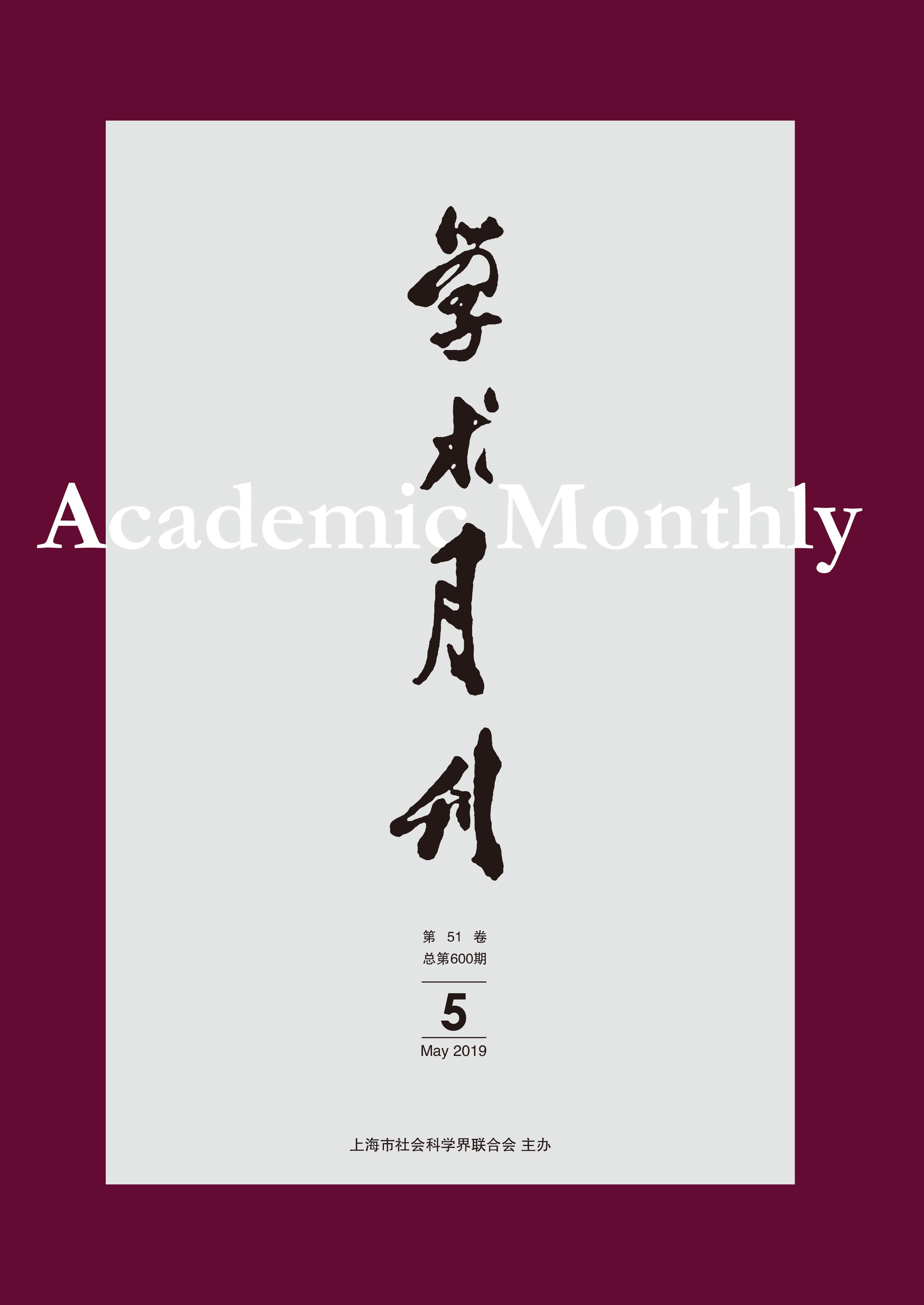The Implications of Political Philosophy in Michel Foucault’s “Hospital Space” Thought
- Available Online: 2019-05-01
Abstract: Focusing on space power, the " space theory” is an important part of Foucault’s political philosophy, the discussion of " hospital space” embodies the uniqueness and reality of its political philosophy. In Foucault’s opinion, at the end of the eighteenth Century, the space problem has become the fundamental problem of the hospital, the reason is the exercises of the technology of medical discipline and police in the hospital space and medicine’s intervention in the environment, the hospital realized the transformation from the assistance space to the medicine space, the clinical medicine and the noso-politics came into being, and the population health also became the fundamental goal of the political power. From hospital space, family space, to urban space and even human space, the interweaving relationship between medical discourse and medical power is becoming more and more complex and expanding. In the spatialization and grid government of today’s society, only when all political forces achieve dynamic equilibrium can we have the reasonable government at minimum cost.



 沪公网安备 31010102003103号
沪公网安备 31010102003103号 DownLoad:
DownLoad: